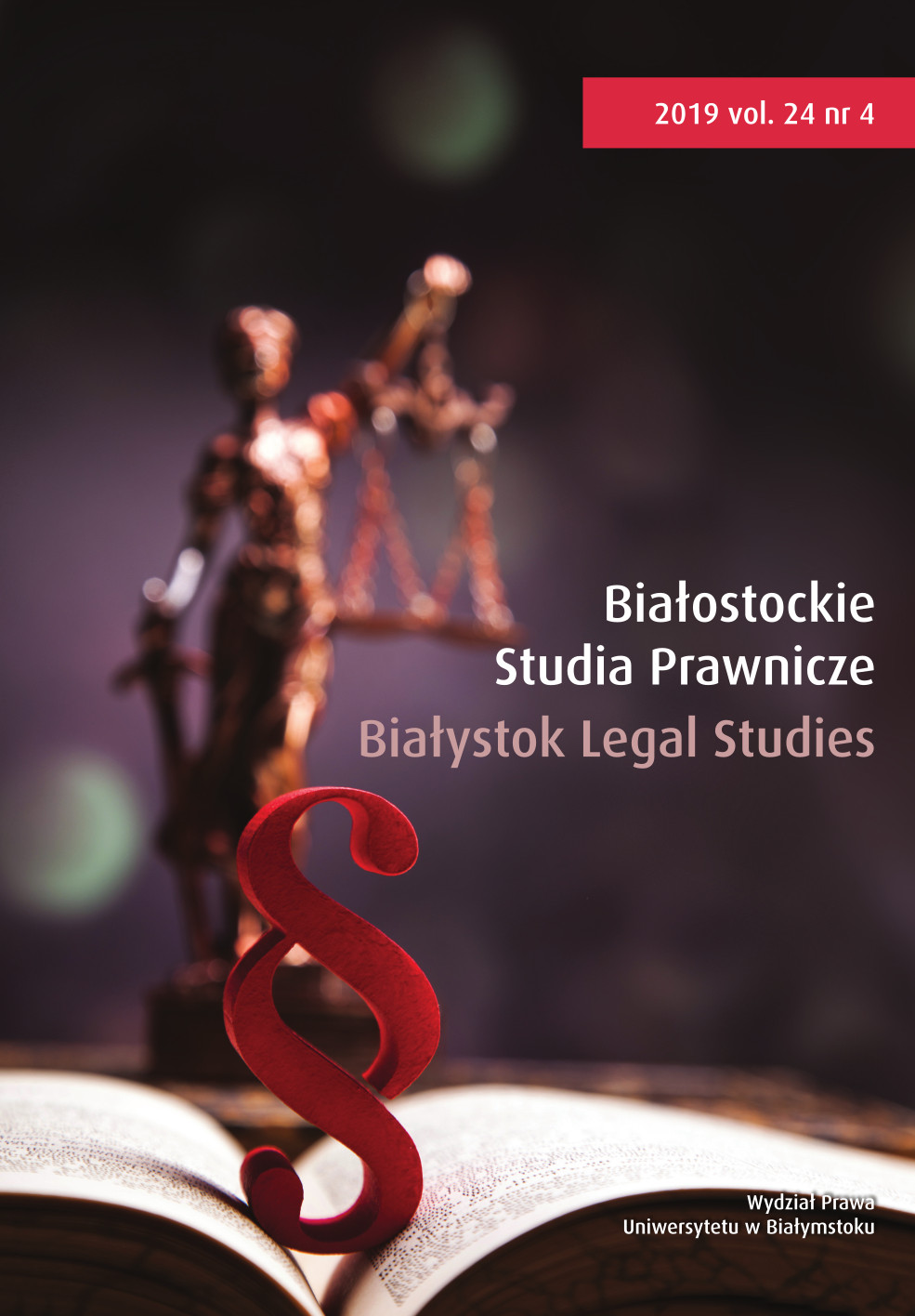Zasada przedstawicielstwa we Wschodniej Republice Urugwaju
The Principle of Representation in the Oriental Republic of Uruguay
Author(s): Piotr UziębłoSubject(s): Law, Constitution, Jurisprudence, Constitutional Law
Published by: Temida 2
Keywords: Uruguay; the principle of representation; elections; parliamentary mandate; referendum; Urugwaj; zasada przedstawicielstwa; wybory; mandat parlamentarny
Summary/Abstract: The current Constitution of Uruguay directly points to the principle of representation as one of the fundamental principles of the political system. However, it does not explicitly specify whether this principle is implemented only by representative bodies, especially parliament, or whether the representative body may also be considered the head of state (president), elected – like the parliament – by way of a general election in which both are elected simultaneously. Nevertheless, it can be concluded that the Uruguayan Basic Law indirectly allows that this second understanding of representative bodies to be accepted. The representation in Uruguay is based on the non-Rousseau model of representation, which is manifested by the existence of a free mandate, but also implies the need for broad social legitimacy for representatives in the parliament. This legitimacy is associated with the adoption of a form of electoral law, which allows obtaining a mandate by a wide range of political entities, including factions within political parties. This is mainly due to the division of parliamentary mandates at the national level and the lack of electoral thresholds conditioning participation in the distribution of parliamentary seats. It should be added that the principle of representation is complemented by the mechanisms of direct social participation provided for in the constitution, i.e. a referendum and popular initiative, which are used in the political practice of the state.
Journal: Białostockie Studia Prawnicze
- Issue Year: 4/2019
- Issue No: 24
- Page Range: 281-295
- Page Count: 15
- Language: Polish

